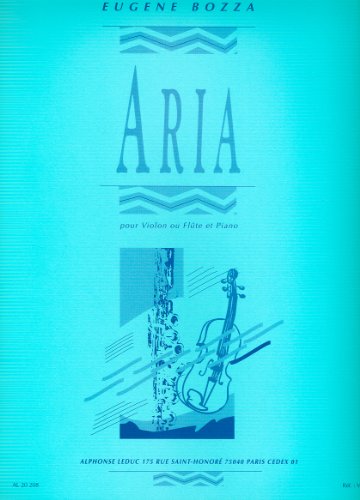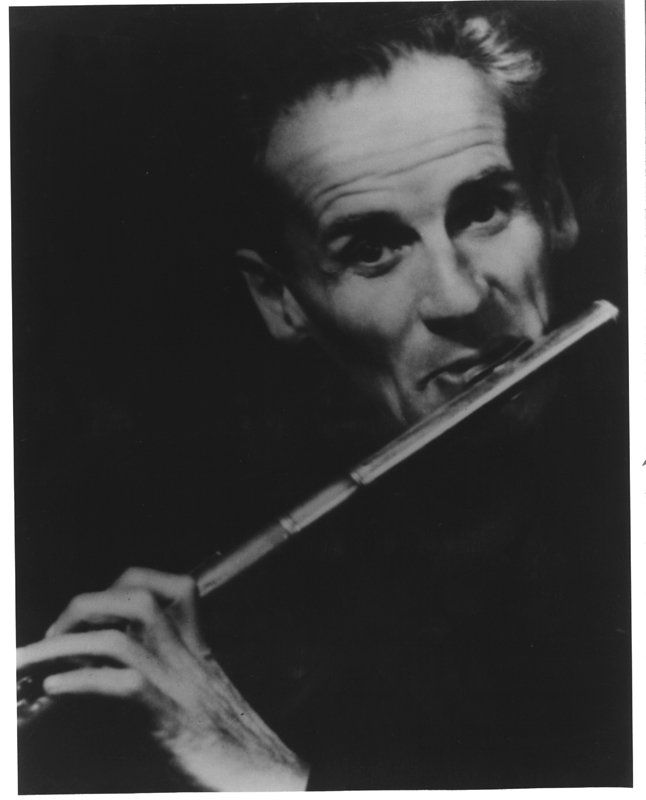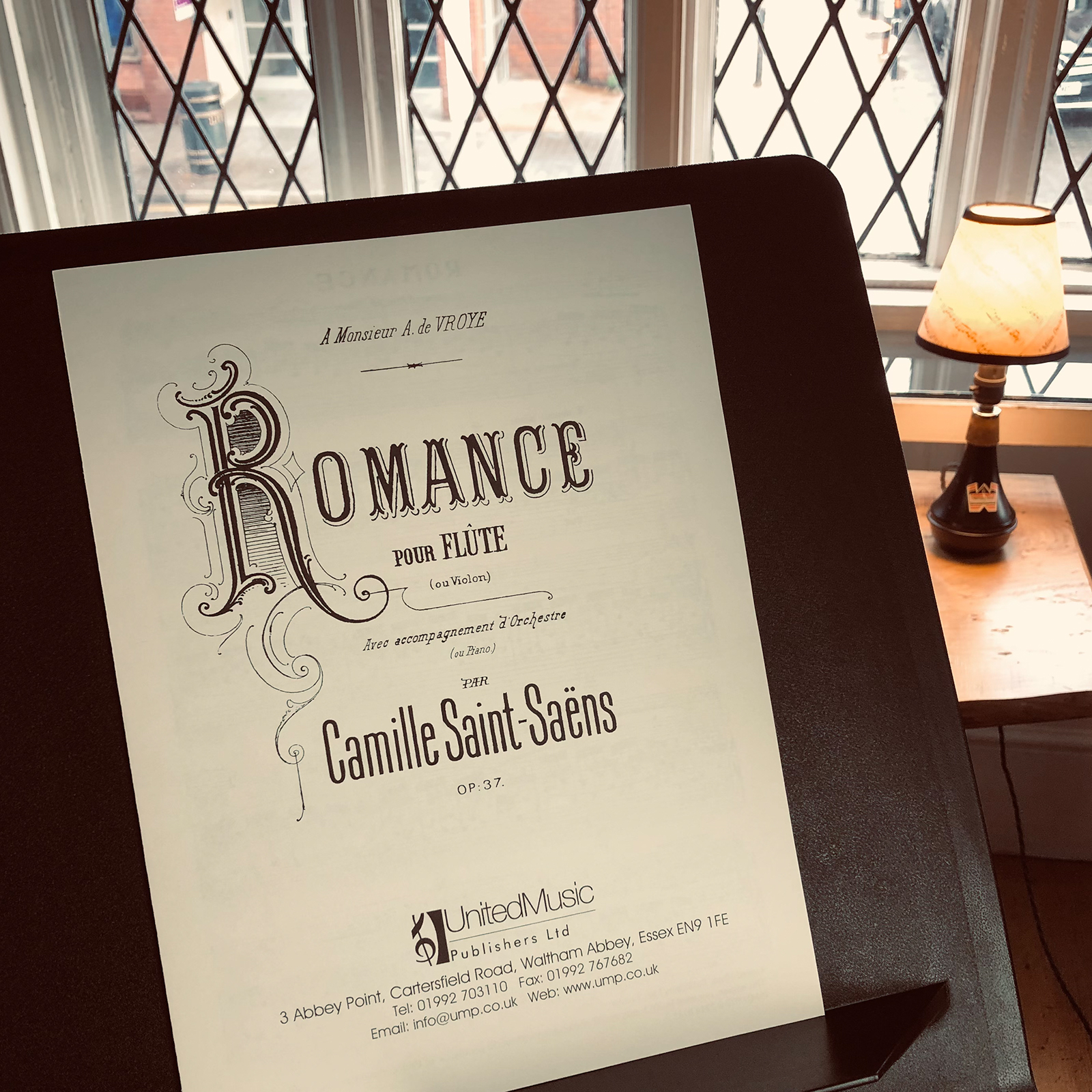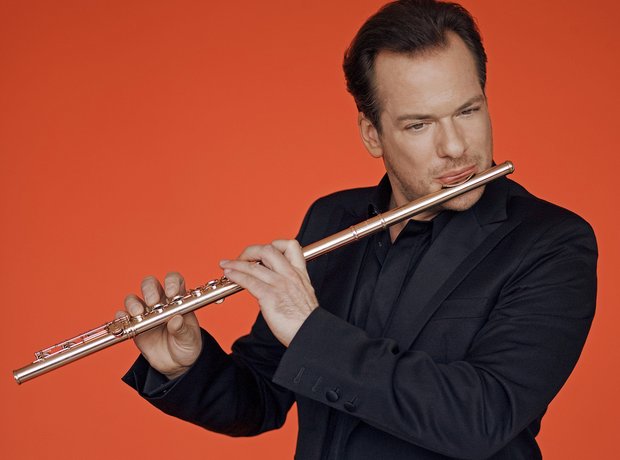Practice Tips
-
Harmonics for flautists
Harmonics are our best teachers! We can learn so much about how we are using (or not using) our airstream, intonation, note beginnings and endings, legato, and more! Because the flute has many keys and fingering possibilities, we can sometimes neglect what actually creates sound: ourselves! When we play harmonics, however, the fingers are left…
-
Bozza Aria – Practice Tips
Eugène Bozza’s Aria is a beautiful piece that is on the Trinity College Exam Grade 7 syllabus. Whilst not too technically demanding, there are some challenges in this piece, which I will address below. I will also give some ideas on phrasing and some exercises to get your flute singing! Breathing The phrases in this…
-
“Can you play it in one breath?”
Long phrases under pressure One of the most famous examples of a long phrase for flute players is the opening of Debussy’s L’après-midi d’un faune. This appears on almost all orchestra audition lists, and there is a common expectation to play this all in one breath. In performance, one can generally do what one wishes…
-
Benjamin Godard Waltz: Practice Tips
Here are my practice tips for the tricky, yet wonderfully joyful Waltz (Valse) by Godard, from his Suite de Trois Morceaux. Here’s a video of me demonstrating the exercises given below. Waltz character From the 1st bar, the character is exuberant and joyous. There are many examples of Waltzes in classical music. Some are more serene…
-
No 11 from Moyse 24 Little Melodic Studies
“Marcel, where is the beat?” Moyse’s uncle upon hearing him practice Here is a practice guide for number 11 of 24 Petites Etudes Melodiques. These are notes from a class I gave online at Fluting with Friends There are two main sections to this etude, which are quite contrasting in character. Part 1: Tchaikovsky Piano…
-
Saint-Saëns Romance: practice tips
The Romance by Camille Saint-Saëns is one of my absolute favourite pieces – full of warmth and charm and not without its challenges. I recently did a warm-up video for the British Flute Society‘s Warm up Wednesday series and used some simple warm-up exercises centred around this piece. So, here is a blog to give…
-
Finding resonance on the flute
“How do I get a big sound?” is often a question students will ask. Indeed, developing one’s sound and dynamic range is part of a musician’s daily practice. So, apart from blowing more, what can we do as flute players to get a bigger sound? Well, it’s all about resonance. Resonance is the quality in…
-
What does “support” mean?
As a teacher, I like to ask questions to my students to get them to think about what they are doing, as awareness is key to improvement and inhibiting bad habits. This could be “Where is the phrase leading to?”, or “What is the character here?”, but also questions about technique, such as “How do…
-
Tips on ABRSM Grade 8 pieces: Poulenc Sonata 1st movement
My next few blog posts will be tips on some of my favourite pieces from the ABRSM Grade 8 repertoire lists. Even if you aren’t working towards your Grade 8, I hope these tips may provide you with some food for thought when approaching this repertoire. Poulenc Sonata for Flute and Piano 1st movement: Allegro…










